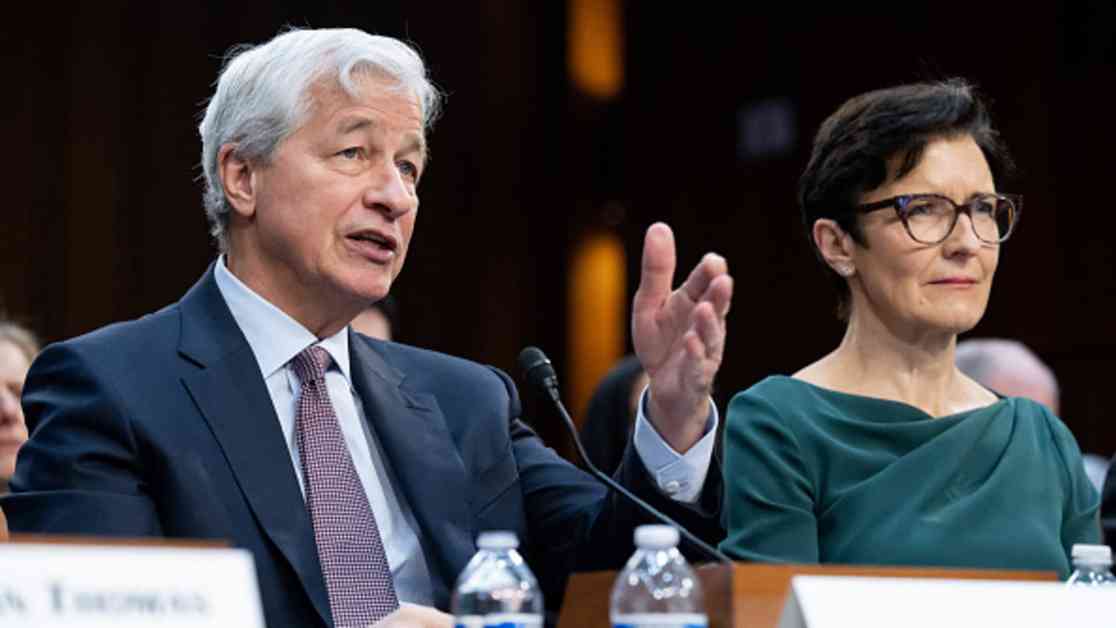Banking regulators recently raised concerns about the resolution plans of four major American lenders. The Federal Reserve and the Federal Deposit Insurance Corp. reviewed the living wills of Citigroup, JPMorgan Chase, Goldman Sachs, and Bank of America, finding them to be inadequate. These living wills are crucial in outlining how these banks would wind down their operations in times of distress or failure, a requirement put in place after the 2008 financial crisis.
One of the key issues regulators found was related to the banks’ derivatives portfolios. Derivatives are financial contracts tied to various assets like stocks, bonds, currencies, or interest rates. When regulators asked Citigroup to demonstrate how it would unwind its derivatives contracts using different scenarios, the bank fell short. Similar challenges were faced by the other banks as well, indicating a common area of weakness.
While JPMorgan, Goldman Sachs, and Bank of America were all found to have shortcomings in their plans, Citigroup received a more severe assessment from the FDIC. The FDIC believed that Citigroup’s plan had a significant deficiency, meaning it may not allow for an orderly resolution under U.S. bankruptcy laws. However, the Federal Reserve disagreed with this assessment, giving Citigroup a less severe grade of “shortcoming.”
Citigroup responded by stating its commitment to addressing the issues identified by regulators. The bank acknowledged the need to accelerate certain aspects of its transformation and expressed confidence in its ability to be resolved without causing a systemic impact or requiring taxpayer funds. On the other hand, JPMorgan, Goldman Sachs, and Bank of America declined to comment on the matter.
Looking ahead, the banks with identified weaknesses will need to make necessary improvements in their living will submissions due in 2025. This ongoing regulatory scrutiny underscores the importance of ensuring that major financial institutions have robust plans in place to handle potential crises effectively.
In related news, investment bank Goldman Sachs recently raised its year-end forecast for the S&P 500 index, citing strong earnings growth. Meanwhile, Warren Buffett’s views on the GameStop trading frenzy of 2024 have resurfaced, offering insights into the volatile nature of certain market events. Wealth managers are also recommending alternative global stocks for investors to consider amidst the current market conditions.
As the stock market continues to rally, some investors remain cautious about fully embracing the record-breaking performance. The reasons behind this sentiment and the factors driving the market’s upward trajectory are important considerations for those navigating the financial landscape.








